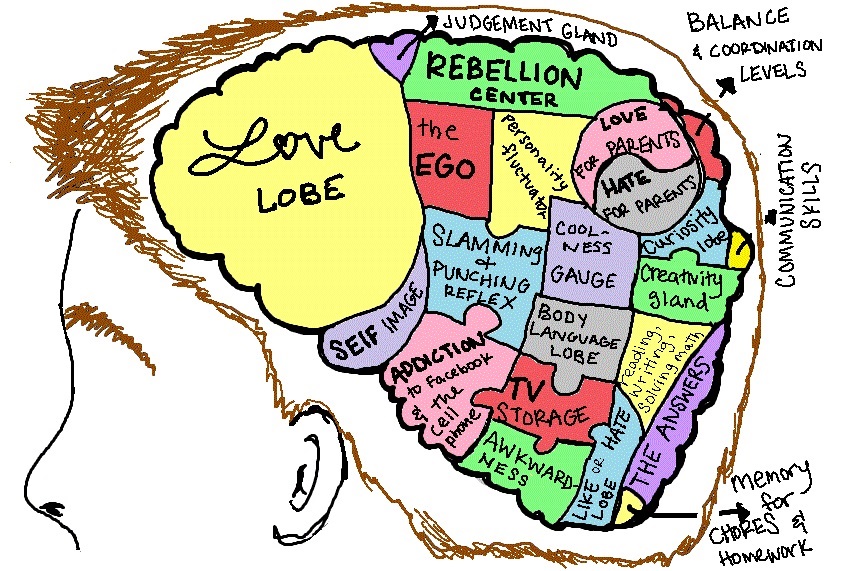In focus: 'The Teenage Brain' by Jeremy Jones
For those of you that don’t know, Jeremy is somewhat of an expert on the teenage brain, and has spent the last few years working with Learnus, an organisation he helped to set up, that aims to link the work of neuroscientists with the education profession. Before half term, he did a lecture to parents, students and some staff on ‘The Teenage Brain’. Fascinating stuff. A key takeaway today is around ‘memories’ with more to follow in future editions.
The problem with memory…
 So the real problem with memory is that it is actually really, really difficult to achieve, which is why we all forget most things that happen to us on any given day. As a teacher you have to ask yourself why would anyone remember something they were told only once or indeed twice? After all, we retain only a vague recollection of about 5% of the content of books that we read; indeed most of us can’t remember what happened on Love Island yesterday, let alone what happened on it a week ago and we actually liked watching the programme! The truth is that to make a new memory the brain (well, neuron) needs to build a new connection with a neuron that it hasn’t been connected to before. It literally needs to commit the protein, eaten at breakfast, to building new neuron connections (axon terminal), that is quite a physical undertaking and one that no sensible brain will do unless it really thinks it is worth it.
So the real problem with memory is that it is actually really, really difficult to achieve, which is why we all forget most things that happen to us on any given day. As a teacher you have to ask yourself why would anyone remember something they were told only once or indeed twice? After all, we retain only a vague recollection of about 5% of the content of books that we read; indeed most of us can’t remember what happened on Love Island yesterday, let alone what happened on it a week ago and we actually liked watching the programme! The truth is that to make a new memory the brain (well, neuron) needs to build a new connection with a neuron that it hasn’t been connected to before. It literally needs to commit the protein, eaten at breakfast, to building new neuron connections (axon terminal), that is quite a physical undertaking and one that no sensible brain will do unless it really thinks it is worth it.
Not only that, but once it has laid down that new pathway, it, the pathway, is constantly being monitored to see if the new memory is being used enough. This is the really strange part of memory… if the new link is not being used then it will be pruned/cut away, literally like pruning your roses. The brain is a wonderful thing and if memory pathways are being used then the connection will get stronger and stronger but only if they are used over and over. If this doesn't happen, they will be broken down and the precious proteins reused for something more  constructive: like remembering a football match you had been to; or a family gathering you enjoyed; or the fear of having no friends; or the worry of parents arguing at home; or the boy/girl that you made laugh last time you met; or the latest Kpop band's lyrics.
constructive: like remembering a football match you had been to; or a family gathering you enjoyed; or the fear of having no friends; or the worry of parents arguing at home; or the boy/girl that you made laugh last time you met; or the latest Kpop band's lyrics.
You see, memories are wonderful but surprisingly hard to form and hold on to. Think twice next time you assume someone has remembered something because unless it is important to them, or unless they are enthused about an idea, or it has shocked them or intrigued them, or humiliated them then it will be recycled as some other, more important part of the miraculous BRAIN.
Jeremy Jones